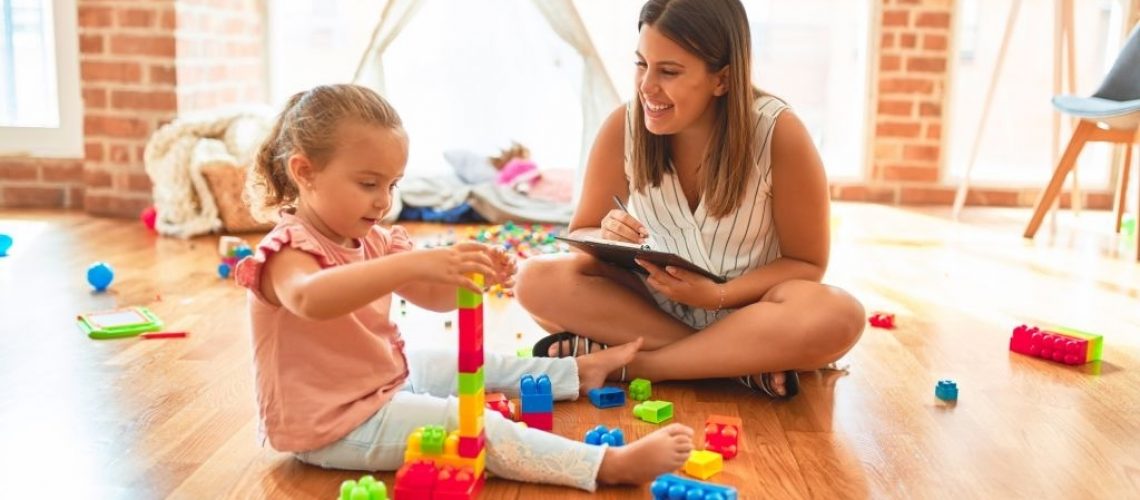Priorities for Raising Well-Rounded Children
Foundational Concepts
A wise teacher once illustrated priorities using a jar filled with objects of decreasing size. The golf balls represented family, health and passions—the most important aspects of life that give it meaning. Pebbles symbolized less crucial priorities like work and possessions. Sand signified miscellaneous tasks that should not overwhelm the others. This analogy outlines a model for developing well-rounded children. Each child’s life may be viewed as a jar to gradually fill with important skills, relationships and perspectives. Caregivers aim to nurture multiple aspects of character through guidance in key areas like money management, creativity, communication and health habits. When foundations are established early, children can face life’s difficulties with balance and purpose.

Financial Foundation
A fundamental priority involves teaching children to handle money responsibly. As early as possible, they should do small jobs to earn an allowance taught through natural consequences. Crucial economic lessons include learning to save, reconcile accounts and avoid viewing credit as “free money”. Caregivers who discuss personal finance regularly help children avoid later struggles. Simple lessons like putting aside 10% of earnings for savings foster lifelong financial discipline. Experiences such as developing a budget for a school trip teach budgeting skills. Responsible spending habits formed during childhood last far into adulthood.
Creative Expression
Nurturing each child’s inner creativity ranks high among priorities. Beyond consuming media, all people need an creative outlet to make something original. Caregivers who expose children to diverse arts encourage exploration of natural gifts and talents. Families promote innovation by valuing homemade gifts over store-bought items. Schools and extracurricular activities that cultivate creativity boost well-rounded growth. Hobbies provide an important way to develop skills outside academics. Regularly setting aside time and space for unstructured play allows imagination to unfold naturally through childhood. A foundation in creativity fuels problem-solving abilities throughout life.
Building Relationships
Strong relationships form the core of well-rounded development. Family dinners, game nights and meaningful conversations build close connections. Spending quality time with children through outdoor activities and travel fosters bonding. Caregivers who listen without judgment teach valuable communication skills. Learning social skills involves supervised interaction with diverse people. Experiences like team sports, art classes and volunteer work aid social-emotional growth. Rules emphasizing courtesy, trustworthiness and cooperation encourage positive friendships. Children raised around acceptance feel secure exploring life’s challenges. Nurturing relationships across generations benefits all.
Physical Health and Fitness
Prioritizing physical wellness lays groundwork for a balanced life. Caregivers who cook nutritious family meals and model healthy habits influence childhood behaviors. Discussing each body’s needs empowers children to care for themselves. Limiting processed foods, sugar and screen time prevents issues down the road. Schedule regular exercise like walks together after dinner or weekend hikes. Kids who view fitness as fun through activities they enjoy remain active. Sports provide exercise plus teamwork and leadership lessons. Making doctors appointments routine care instills the habit of prioritizing preventative healthcare. Well children grow to make wisdom wellness a high priority.
Curiosity and Continual Learning
A sense of curiosity fuels well-rounded growth and strengthens key foundations. Reading to babies and engaging toddlers in experiential learning wakes their natural hunger for knowledge. As children age, encourage exploration of diverse topics. Cultivate interests through trips to libraries and museums or nature hikes identifying plants and animals. Promote a growth mindset celebrating efforts rather than overnight success. Let curiosity thrive through comfortable access to educational tools from an early age. Model enthusiasm for learning through your own interests and questions. Children raised with curiosity tend to make lifelong education a priority. An inquisitive spirit matures into balanced perspectives and resilience.
Organization and Time Management
Well-adjusted children learn prioritization of responsibilities through routines and schedules. Structure provides security while also leaving room for spontaneity. Cooking together, making beds and tidying shared spaces regularly instill habits of organization. Assigning age-appropriate chores with expectations develops these life skills.
Advance notice of changes respects children’s needs for consistency. Calendars and visual schedules aid comprehension of daily schedules and upcoming events. Limiting recreational screen time reserves focus for commitments. Down time to relax, play outside and pursue hobbies equally ranks among priorities for recharging busy lives. Children raised with organization excel at time management.
Conclusion
Well-rounded development involves addressing numerous priorities through a child’s stages. Consistent guidance in fundamentals like relationships, creativity, health, learning and finance establishes internal motivation. Structure balanced with spontaneity nurtures curiosity and organization. When children mature with wisdom in these foundations, they face life’s challenges from a position of inner strength and balance. Prioritizing the whole child through attentive parenting results in adults skilled at juggling diverse aspects of fulfilling lives.
